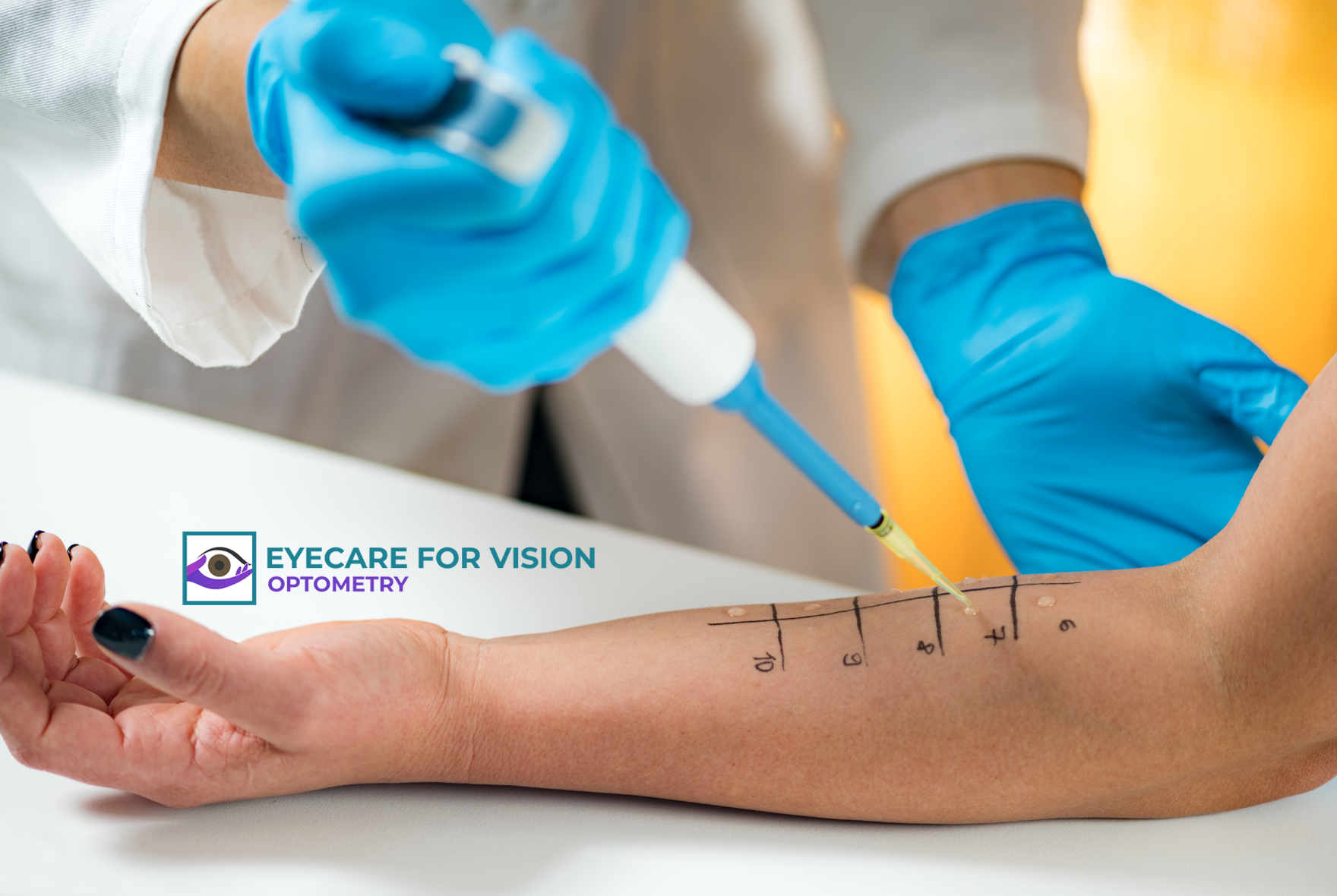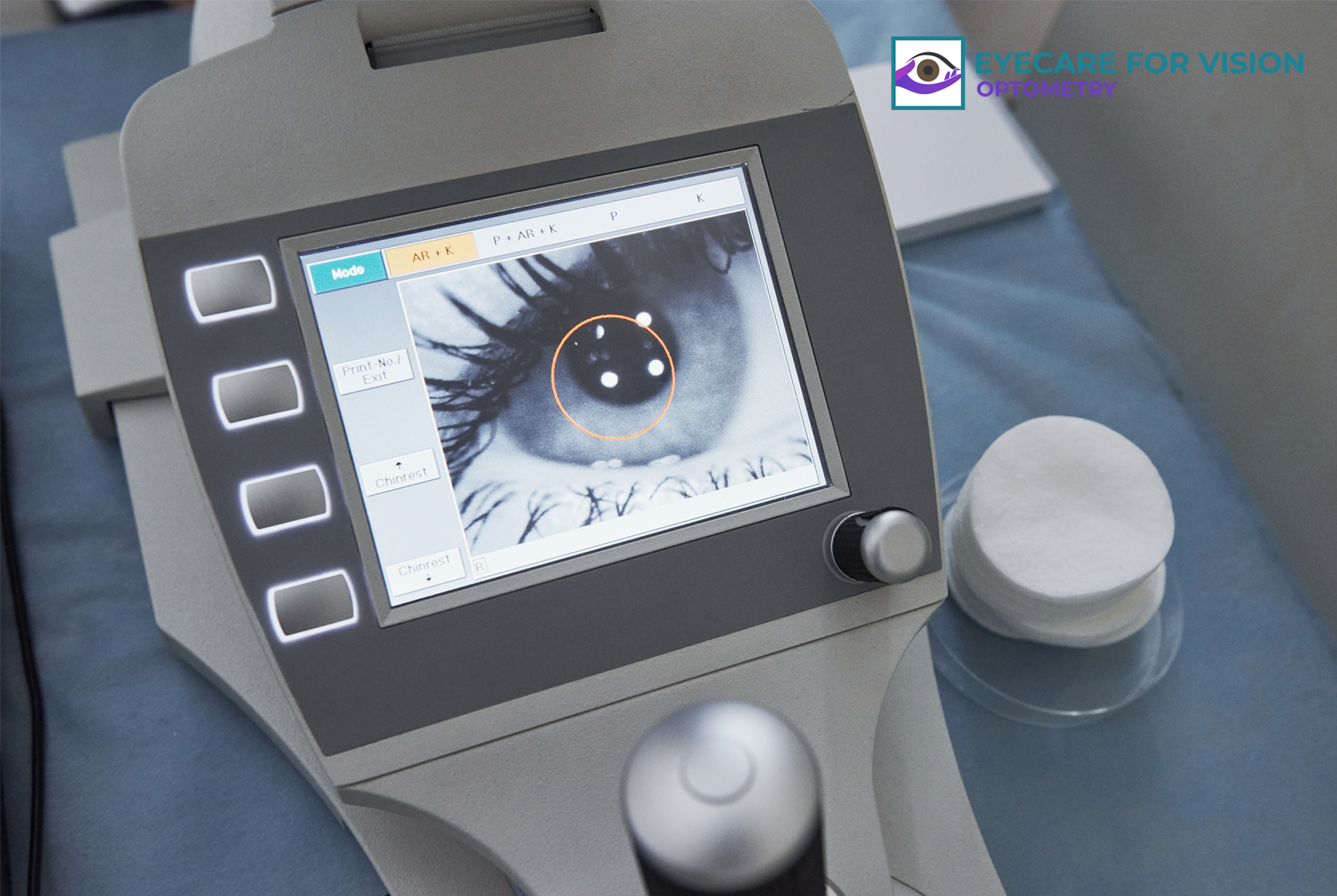What Causes Temporary Vision Loss or Vision Dimming and How Can It Be Treated?
TLDR
Temporary vision loss can be caused by many factors, including migraines and eye strain.
Symptoms include sudden dimming, blurriness, or partial vision loss.
Management involves addressing underlying causes; consult a healthcare provider.
Prevention includes maintaining eye health through regular check-ups and lifestyle habits.
Can Eye Exams Help Detect Stroke Risk or Vascular Problems?
TLDR
Eye exams can reveal signs of stroke risk and vascular problems.
Conditions like hypertension, retinal artery occlusion, and diabetic retinopathy may be detected during an eye exam.
Comprehensive Eye Exams in Rancho Bernardo can aid in early detection and prevention.
Treatments vary from lifestyle changes to medical interventions.
Consult your healthcare provider if you notice vision changes or other concerning symptoms.
How Can I Tell If My Child Has Trouble Seeing If They Don’t Complain?
TLDR
Children may not always express vision problems.
Look for signs like squinting, sitting too close to screens, or frequent headaches.
Regular comprehensive eye exams are crucial.
Treatment options include glasses, contact lenses, or vision therapy.
Consult your healthcare provider for personalized advice.
Prevention tips include limiting screen time and ensuring proper lighting.
Schedule regular eye check-ups with a trusted optometrist.
What Eye Changes Should People with High Blood Pressure Watch For?
TLDR
High blood pressure can lead to hypertensive retinopathy, optic neuropathy, and macular degeneration.
Regular comprehensive eye exams are critical for early detection.
Treatments include lifestyle modifications and medication to control blood pressure.
Prevention focuses on maintaining a healthy lifestyle and frequent eye exams.
Consult your healthcare provider for personalized advice.
Can Autoimmune Diseases Affect the Eyes?
TLDR
Autoimmune diseases can affect the eyes in various ways, leading to symptoms like dry eyes, redness, and vision changes.
Conditions such as Sjögren's syndrome, rheumatoid arthritis, and lupus commonly have ocular manifestations.
Treatment options vary depending on the condition and can include medications, lifestyle changes, and specialty care.
Regular comprehensive eye exams are vital for early detection and management.
Consult your healthcare provider if you experience any new or worsening eye symptoms.
What Causes Floaters and Flashes in Vision, and When Are They Serious?
TLDR
Floaters are small shapes seen in vision due to changes in the eye's vitreous.
Flashes occur when the retina is stimulated by pulling or rubbing.
Both can be benign but sometimes signal serious conditions like retinal detachment.
Comprehensive eye exams can help diagnose underlying issues.
Seek immediate medical attention if you experience a sudden increase in floaters or flashes.
What Does Dilated Pupil Screening Test For, and Why Is It Necessary?
TLDR
Dilated pupil screening is crucial for comprehensive eye exams.
It helps detect conditions like glaucoma, diabetic retinopathy, and macular degeneration.
Essential for managing pediatric myopia and dry eyes.
Consult your healthcare provider for personalized advice.
Regular screenings recommended for early detection and treatment.
Schedule an appointment with EyeCare For Vision Optometry for expert care.
How Does High Blood Pressure Affect My Eyes?
TLDR
High blood pressure can lead to serious eye conditions such as hypertensive retinopathy and glaucoma.
Symptoms may include blurred vision and eye strain.
Treatment involves managing blood pressure, regular eye exams, and specific eye condition treatments.
Prevention includes a healthy lifestyle and regular medical check-ups.
Consult your healthcare provider for personalized advice.
Is My Screen Time Affecting My Vision, and What Can I Do About It?
TLDR
Prolonged screen time can cause digital eye strain.
Symptoms include dry eyes, blurred vision, and headaches.
Implement the 20-20-20 rule: every 20 minutes, look at something 20 feet away for 20 seconds.
Regular comprehensive eye exams are crucial.
Consult your healthcare provider for personalized advice.
What Can I Expect During a Comprehensive Eye Exam?
TLDR
A comprehensive eye exam includes tests for visual acuity, eye muscle function, and eye health.
Conditions like myopia, diabetic retinopathy, and dry eye syndrome can be detected.
Treatment options vary, with pros and cons for each condition.
Recent studies show early detection improves outcomes for eye diseases.
Consult your healthcare provider if you experience persistent eye issues.
Schedule regular exams for preventive care and early detection.










